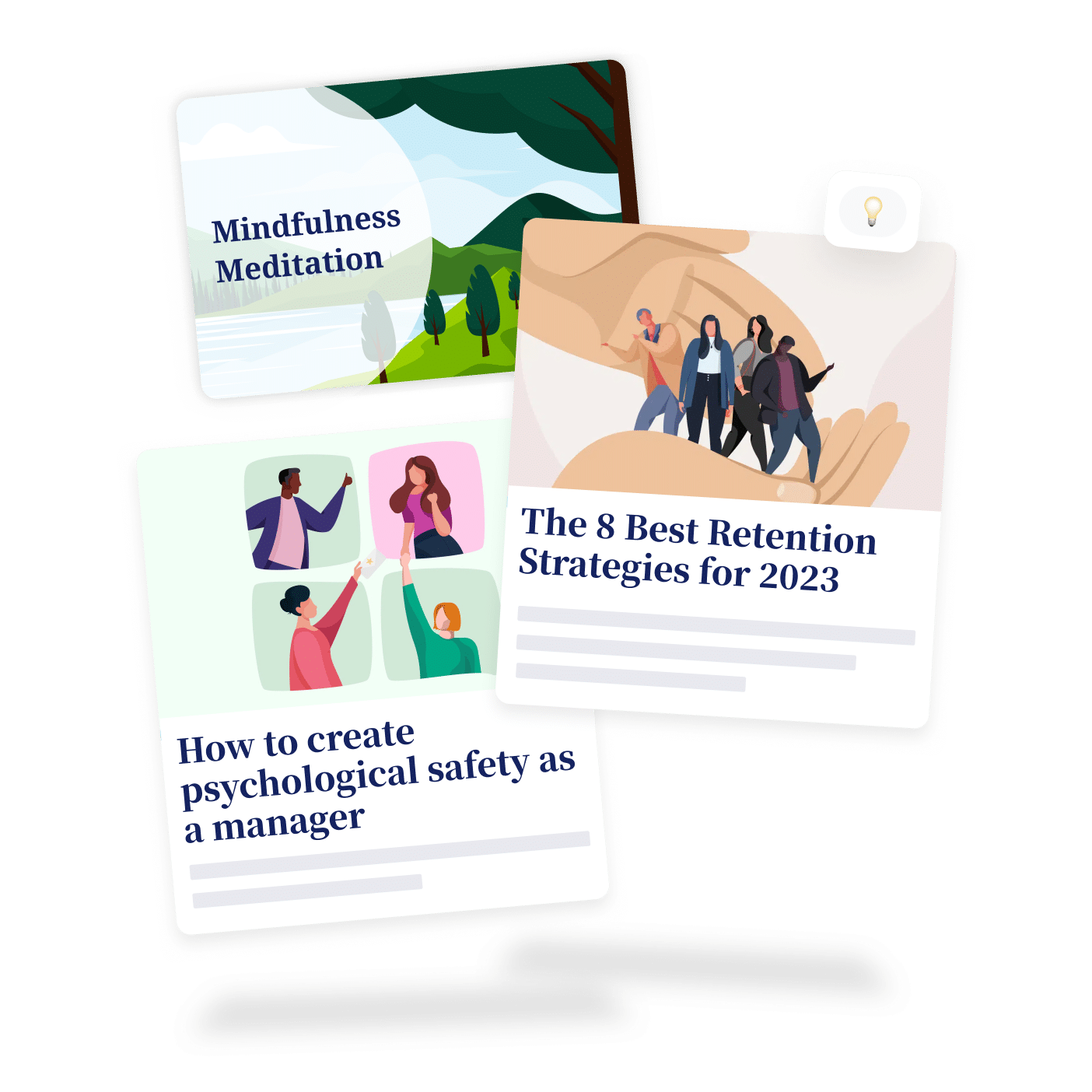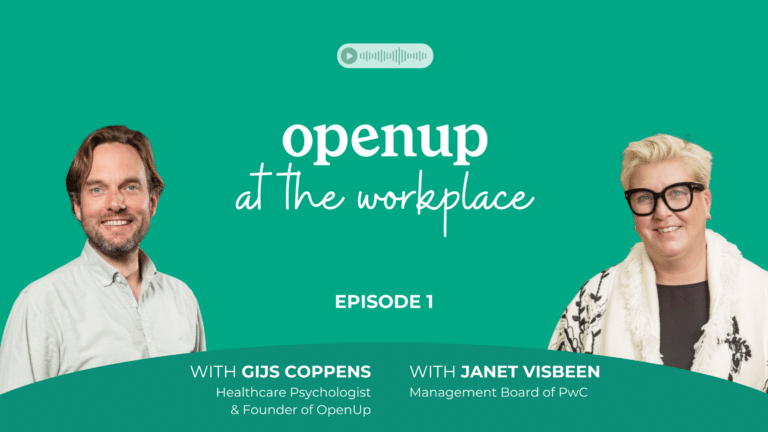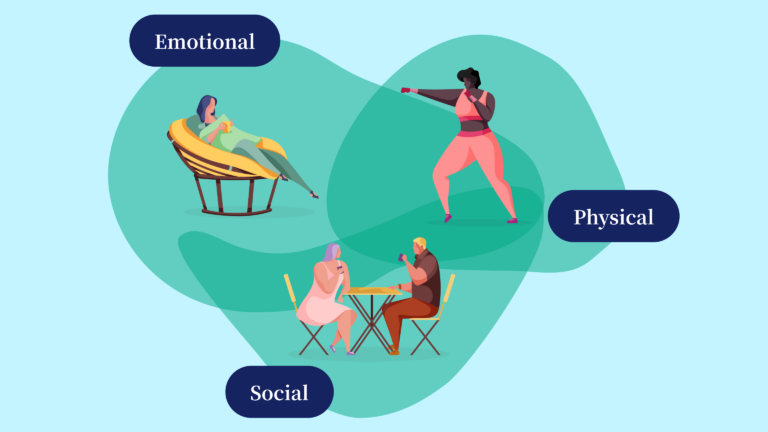Challenges related to mental well-being are increasing, particularly among young people.
There are many reasons for the increase in mental well-being challenges, one of which is the pandemic and its aftermath; although it’s not the only one. Paul Hessels explains: “There are various things going on in the world that put us under pressure. We’re talking about financial uncertainty, wars and the climate crisis. It’s one crisis after another and that’s taking its toll on people. It’s only natural that this affects how we feel and behave. Whether you’re young or old.”
At the same time, we’re seeing a new generation arriving in the workplace – one that not only approaches work, wellness and balance differently, but also speaks up about it. That’s forcing companies to look differently at the way we work. And that’s something that every generation benefits from.
💡 The Youngest Generation in the Office: How Gen Z Is Moving Us Towards a Healthier Corporate Culture
How all generations feel good at work
The needs and desires expressed by Gen Z are forming a basis for employers to adapt their company culture.
“Amongst other things, this generation wants more transparency, an open culture and the opportunity to develop at work. These are factors that matter to everybody, regardless of their generation,” explains Paul. “The difference is that Gen Z is more vocal about their needs and more likely to leave employers who don’t meet these needs.”
This is forcing companies to look at their culture and practices, and to make changes accordingly. How can they do that? Harvard Business Review explains how these needs can drive us towards better workplaces, more collaboration, and increased motivation.
1. Open communication
Today, the world is full of uncertainty, and this naturally increases peoples’ tendency to worry and stress. To alleviate this worry, you can communicate transparently across the organisation and at a team level regarding plans, choices and operations. Whether the news is good, bad, or neutral, communication is key when it comes to putting employees at ease.
This open communication and access to information gives employees a sense of control and alleviates any tension. Paul notes: “I’ve also noticed that some members of younger generations first want to understand why they’re doing certain things. When they’re clear what the reasoning is, they fully throw themselves into their work.”
2. Transparency about development – for people of all ages and generations at work
People thrive on growth and development. We want to make the most of our abilities, achieve goals, and tackle challenges. In fact, self-actualisation is at the top of Maslow’s hierarchy of needs.
Organisations can help to satisfy this need by offering development opportunities and being transparent about career advancement. “Presenting a clear plan for growth and salaries in advance helps to manage expectations and avoid disappointment,” clarifies Paul.
First, let employees know what’s expected of them and how they can develop further in their roles. Communicate clearly about which skills and values are important and how you want to see these demonstrated. Evaluate this together during regular development conversations.
Offer employees a range of development opportunities. Consider training sessions targeted at each stage of their career. For example, younger employees might want to learn about managing workloads, setting boundaries, and personal leadership. Meanwhile, advanced employees might be more interested in change management, in-depth leadership or personal coaching.
3. Constructive feedback
Another way to contribute towards an individual’s growth is through feedback.
You should give constructive feedback between tasks and projects, and also engage in regular conversations regarding an employee’s performance and development.
Practise a regular routine with development conversations, which will empower (for example, twice or four times a year) managers and employees to reflect on their skills, achievements, and progress. Additionally, ask open questions that get employees thinking about their strengths and weaknesses.
“Don’t be shocked if you get feedback yourself. An open culture creates a dialogue that goes both ways,” advises Paul. “Mainly respond to the content of the feedback and give yourself time to figure out what you want to do with it.”
💡 Read more: Tips for Giving and Receiving Feedback







